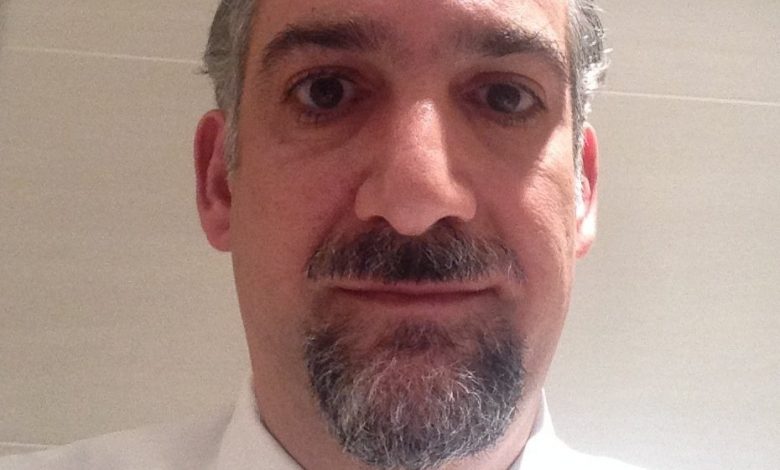Spartan Partnership: Where’s hot in ship finance

London: China, the US and the UAE are the hottest places for ship finance at the moment, according to a man tasked with supplying the manpower to the sector. Stathi Marneros is the founder and managing partner of 2009-founded Spartan Partnership, an HR firm for the ship finance sector.
“Ship-centric liquidity is in the US and China,” Marneros says, “but the US is moving to place the money into capital markets such as IPOs, private placements and bonds issues.
The UAE, meanwhile, is showing signs of activity owing to a number of local regional banks in Abu Dhabi and Qatar with big balance sheets lending to UAE, Middle Eastern and Greek clients.
Chinese banks remain focused on Chinese-centric shipping businesses in what is “still not yet a transparent market”, Marneros says. Banks in the People’s Republic are very much influenced by central government monetary and lending policies and banks’ market focus is still on supporting credit and loans for newbuildings in Chinese yards and they remain not really active in the second-hand ship market through bilateral loans.
“Asian banks – and respective governments – need to decide what their role will be within the global ship finance arena,” argues Marneros.
“If Asian banks continue to foster an insular ship finance mindset, they will not need outside talent,” he says, adding: “If however, they decide to open up outside of China and hypothetically establish corporate lending hubs across major Western shipping cities in places like London, Athens, Oslo, Hamburg, Rotterdam, then this would represent a clear intention to attract the skills, talent and relationship and credit experience with relevant geographic regions.”
Ship finance is picking up in general compared to two or three years ago, Marneros notes.
“Those institutions still ‘in’ ship finance are looking at auxiliary businesses to complement any lending such as private banking, capital markets and investment banking, almost like a quid pro quo.”
Credit Suisse has always done this via its hybrid shipping/wealth management platform. Marneros recruited the team to develop a shipping wealth platform for Coutts to complement RBS’s shipping business in 2011.
The syndication market is flat, says Marneros. Where there used to be 15-20 banks involved in a syndicated club deal pre-2007, now there are a handful of around five.
While in 2008 there were around 100 banks involved in ship finance, today that figure stands at just 25.
The downturn showed that banks’ exposure to shipping was too big, argues Marneros. Some were lending multiples of $100m to just one owner.
“As shipping is a capital-intensive business those banks stuck with large debts had to increase their capital to protect their books. This was effectively kicking the can further down the road,” he explains.
Spartan Partnership’s goals for 2014 include raising its profile in Singapore and China.
“We see tremendous opportunity for shipping growth in the region and within this, the potential for a number of institutions seeking ship finance human capital talent to augment this growth,” Marneros says.
Spartan Partnership also aims to stay closer to its asset management, private equity and insurance clients with vested interests in shipping as they will also be seeking ship finance talent via either company acquisitions and/or asset and portfolio management. [17/12/13]
